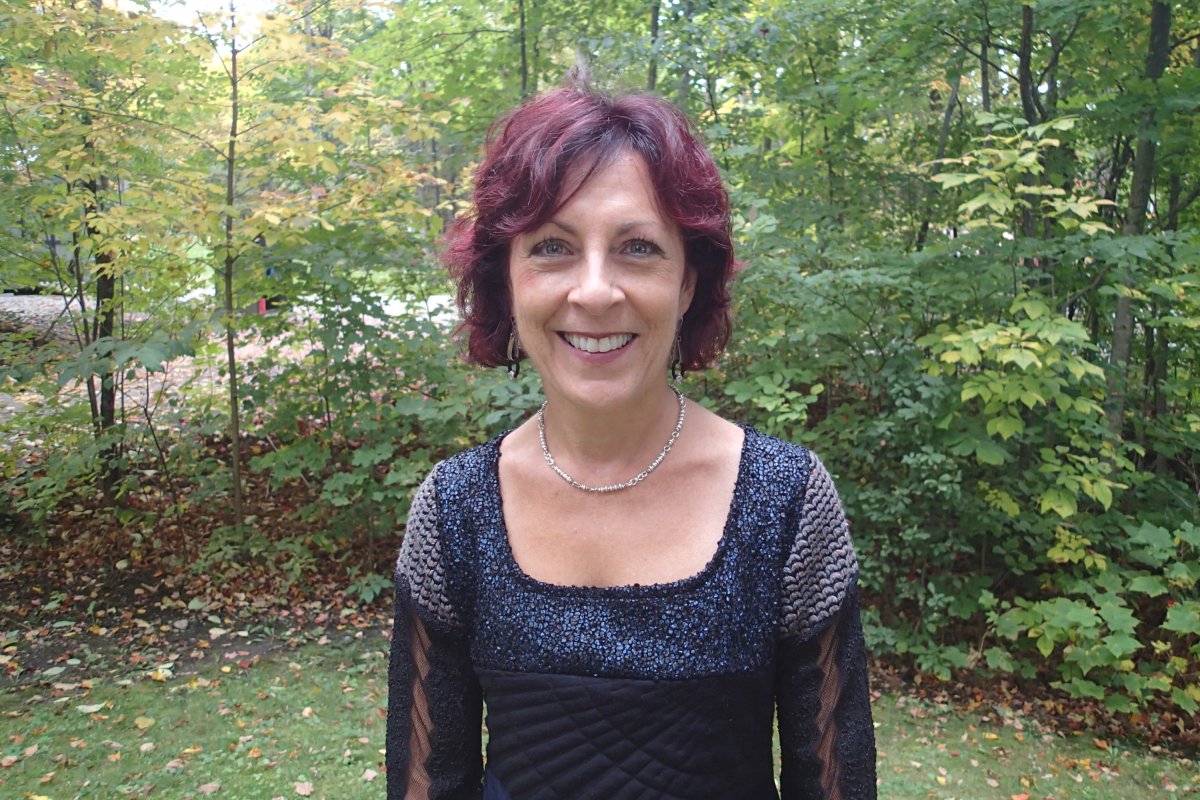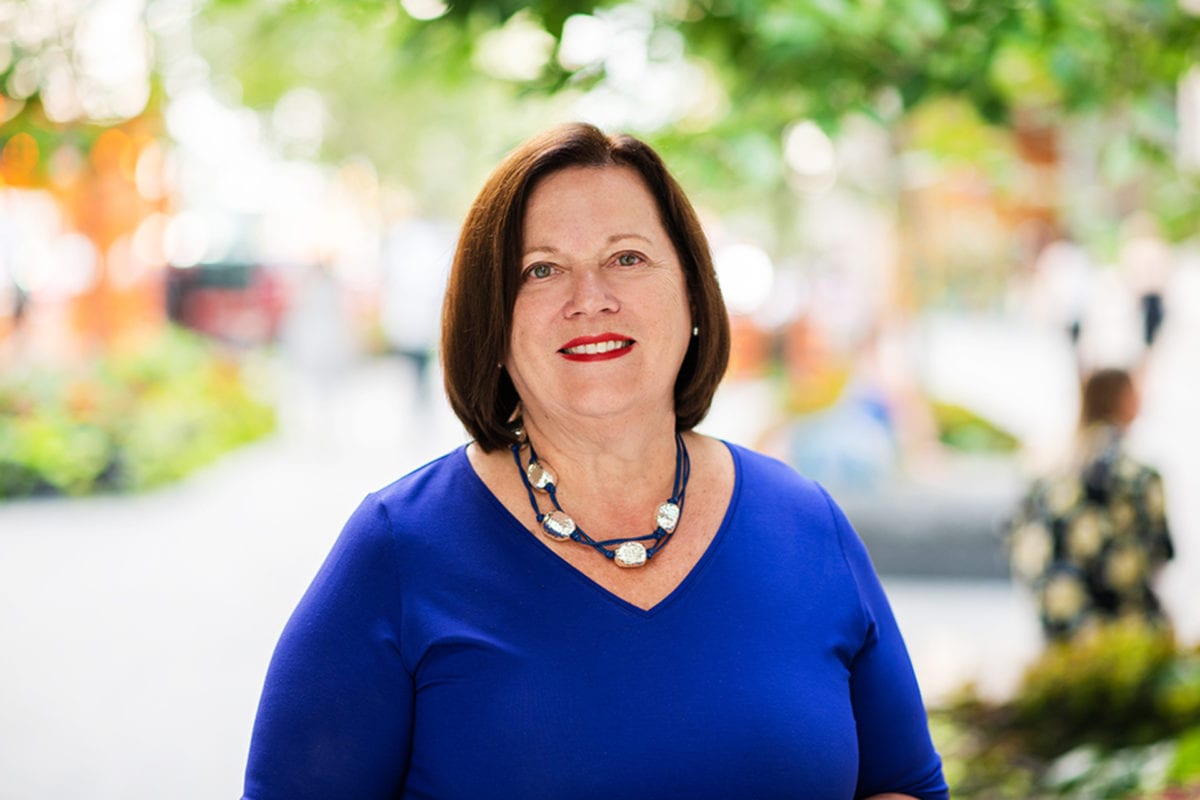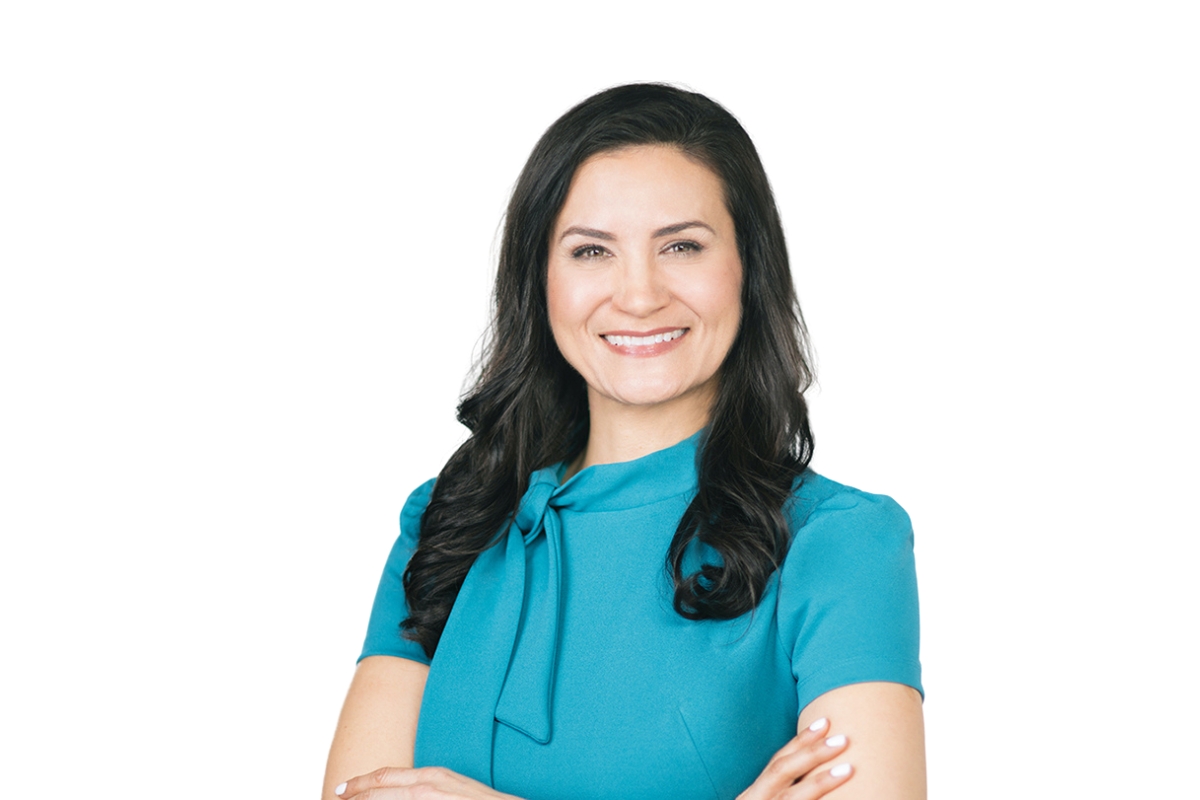Photo courtesy of Tracy Bean.
With a quarter-century working at IBM, Tracy Bean has played a key role in the exponential growth of the digital sphere in one of the most recognizable, influential, and largest tech corporations. She’s the leader of the IBM Canada Client Innovation Centres with over 1,000 employees. She supports North American clients in optimizing their business models by leveraging digital technologies with hybrid cloud and AI solutions.
Bean’s previous roles include Chief Operating Officer for Global Business Services. Earlier in her career, she created and led global Centres of Excellence, supporting sales management processes in Bratislava, Bangalore, Delhi, Beijing, and Japan. From nearly four decades in business and leadership, Bean offered The Edge lessons for entrepreneurs, women, and teams.
What advice would you give your younger self?
I would have put more time, earlier in my career, to network. It’s volunteering, being on boards, getting to know people from a work perspective, getting your name out there, [and] soliciting other points of view. When you are a known commodity, it’s easier to differentiate yourself going forward.
Someone said this to me: “Who is on Tracy’s personal Board of Directors?” It taught me something important. If I wanted to go to another job, I needed to have sponsorship.
When I was making decisions about a shift in my career, or I’d say, “This is where I want to go,” I’d introduce myself to new people at [businesses]. They call them “executive interviews.” I’m not looking for a job. I just want to get your perspective on the business, any points of view, or chemistry.
One of the most important things I did was I went out and had these interviews. What was really cool about it is that they created a job for me. As it turned out, I ended up running that team.
What’s your best business advice?
What is your personal brand, and what do you want to be known for? Carry that image in how you operate and differentiate. Are you articulate about what you are known for? Why you are special? People have difficulty with that because it feels like you are bragging, but you have to be confident about how you do that.
In March 2021, you were on a Women in Leadership Foundation panel discussing gender-based unconscious bias. How was that an issue in your career?
In 1986, I joined Financial Services group. Highly male-dominated, few females — especially in leadership. The job I wanted was three jobs away, I thought. The gentleman [ahead] resigned, and they came to me and asked if I would take this job. I didn’t think I was ready for it.
By the way, women think they have to check off 9 boxes of 10 to take a job. Men, statistically, talk about what they bring to a job, rather than what they lack. They tend to go out on a limb more than women, who want to be super prepared.
Guess what? I was pregnant. Finally, I told them. Back then, maternity leave was only three months, not what we have now. The backlash I got was so harsh. But I had a female, progressive leader that made room for me. She stood up for me. My work was good. The team got their head around, “Okay, she’s going on maternity leave. We want her back.” It felt like I beat the unconscious bias. Back then, they promised your job level back, not your job, but they saved my job for me.
I always say to women, “Don’t think you aren’t ready.” That’s your own bias. Focus on what you can bring to a job rather than the gaps you have in a job. Sell yourself.
What message would you give other women?
We have to help women share our stories and sponsor other women. My message to men was that you need to be active allies. Promote them, support them, appoint them in leadership roles, insist on making room. The strength of diversity is diversity of thought. It’s just so important.
I say diversity courses are fatigued. You might remember them for 24 hours. I think if businesses are really serious about driving change, they will have measurements. As a former COO, my mantra is, “What gets measured gets done.” Putting in measures around inclusion of women — bold thinking needs to be matched by bold commitments. An example, our composition of executives. We get a five per cent increase in our executive pay if we increase diversity in our executive ring. I loved that idea and did that. They are putting money behind what they think.
What’s a great leader versus a good leader?
A great leader is not making short-term decisions, but has a long-term vision and can articulate that clearly. Then you are going to get followers with commitment and loyalty. People rally around people that feel they are part of a vision and sense of purpose.
A good leader executes the operating plan, meets the objective, and gets the job done. That’s what I call solid. The exceptional is, “How did you change the game?” It’s great when you have a leader that is always stretching you.
The pandemic has really taught people that you have to invest in the well-being of your people. If you don’t do that, it’s a retention risk. People leave, not because of pay, but how they are treated. Also, if they see they have a future. A great leader knows that.
What about your job brings you the greatest joy?
The people. You know you are a great leader when people say, “We want to make you proud. You give us a purpose.” Your heart bursts. It’s funny when I hear people say, “You have to take care of people, and they will give back tenfold.” For me, that was a basic way of working.
Dave Gordon | Contributing Writer




















